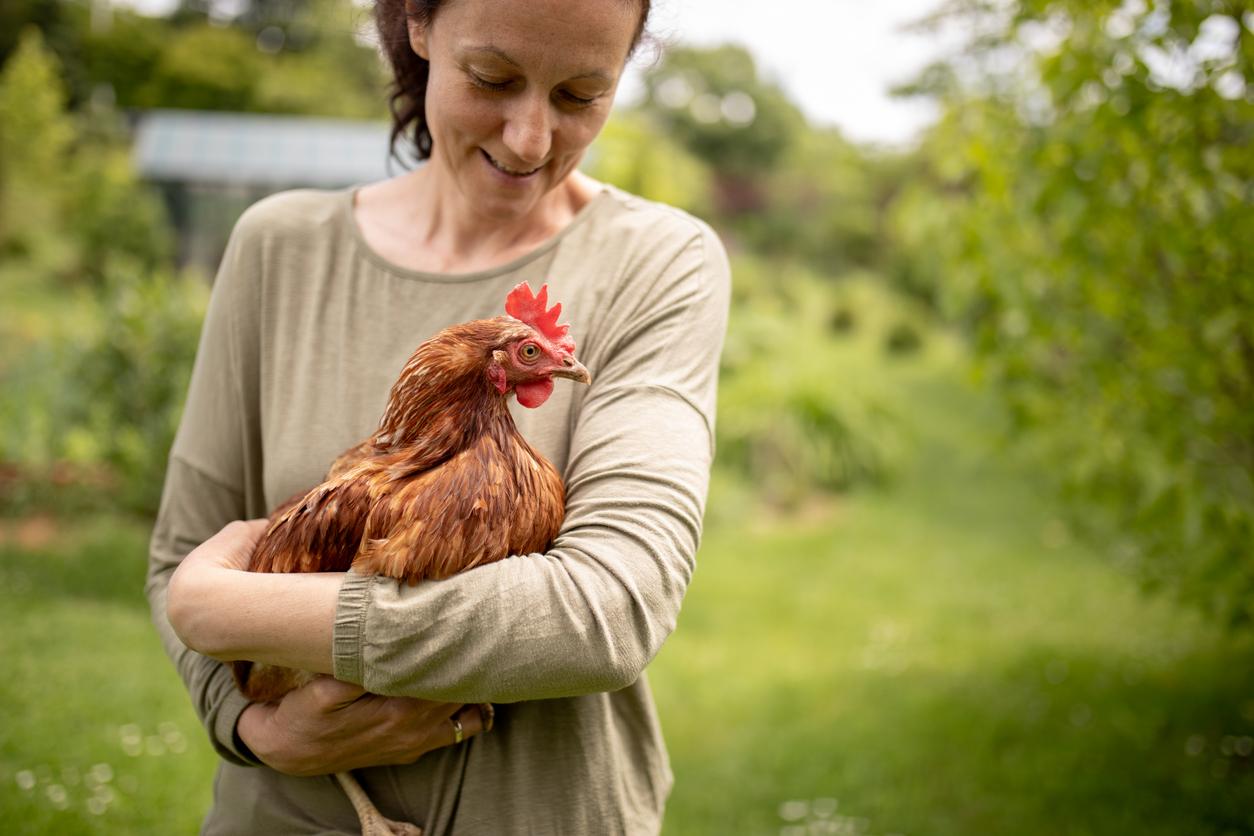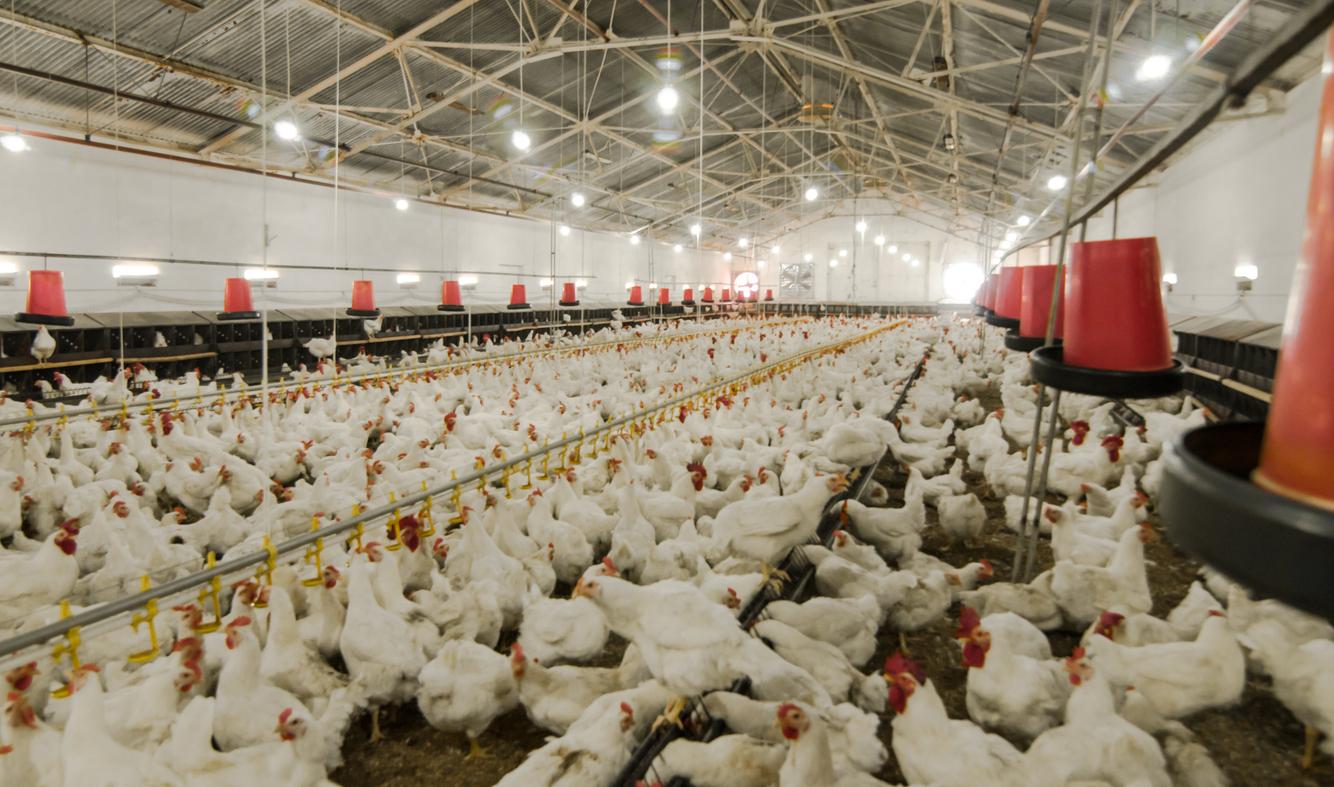Why Vegans Choose Not to Eat Eggs
The animal agriculture industry's cruelty towards egg-laying animals is highly against vegan values.
Published Oct. 18 2024, 9:00 a.m. ET

The proliferation of plant-based alternatives has empowered many individuals to abstain from consuming the eggs produced by various animals. With so many vegan options high in protein and unique in texture and flavor, there are ample culinary reasons vegans do not eat eggs laid by hens or other animals.
From salmonella contamination to multiple avian flu outbreaks that have crippled the industry and forced massive price hikes for eggs, the justification for vegans to avoid animal-based eggs continues to grow.
Keep reading for insight into the moral, practical, and health reasons why vegans abstain from consuming eggs. If you are unaware of how chickens and other egg-laying animals are treated in the animal agriculture industry, the information below is extremely important to learn in order to make compassionate choices in the future.

Can vegans eat eggs?
No, vegans cannot eat eggs, as they come from animals. In a general sense, vegans adhere to a lifestyle and guiding principle that seeks to limit the exploitation of animals, and that includes eschewing animal-based products and byproducts. Eggs, therefore, are not part of a vegan lifestyle.
Many individuals adhering to a vegetarian diet, however, do consume eggs.

Why don't vegans eat eggs?
According to the British magazine Vegan Food and Living, the majority of animals confined within the industrial animal agriculture system are horrifyingly mistreated. The notion that egg-laying hens live a long, peaceful lives naturally laying eggs without suffering is one that the egg industry would like its customers to believe — but the realities that factory farmed animals face are a nightmare.
Even in situations where the hens being raised for their eggs are kept in kinder conditions, vegans will not eat eggs. Vegans believe that animals and their secretions are not for humans to take, and the consumption of an animal or their byproducts isn't aligned with vegan values.
Additionally, the environmental impact of the farmed chicken and hen industry is massive, which is a matter that many vegans find important. According to Phys.org, roughly 68 million tons of eggs are produced globally, and this massive increase in egg production over time has led to massive greenhouse gas problems.
Per the article, an analysis from the University of Oviedo identified how egg production has resulted in impacts across 16 of a possible 18 environmental categories, including the depletion of the ozone, climate change, and land occupation, among others.
Furthermore, the environmental footprint generated through transport led the analysts to declare egg production similar in that regard to other animal-based foods like pork and animal products milk.

Per Sentient Media, in-shell eggs generated over $120 billion in global profits in 2019. Those massive, incomprehensibly large profits come with an extraordinary degree of cruelty. Egg-laying hens are forced to produce eggs almost daily starting at 4 or 5 months old, and are killed when their egg production declines at 2 or 3 years of age, despite a lifespan of up to 10 years in natural conditions.
Ethical, environmental, and a host of other reasons add up to overwhelming justification as to why vegans do not eat eggs. Plus, with an array of vegan egg products and mouth-watering vegan recipes, like this vegan egg McMuffin recipe from Switch4Good, this vegan deviled eggs recipe from Michelle Cehn at World of Vegan, and this vegan scrambled eggs recipe from Minimalist Baker, recipe creators have shown that you can enjoy delightfully creative meals with all of the compassion and none of the cruelty.